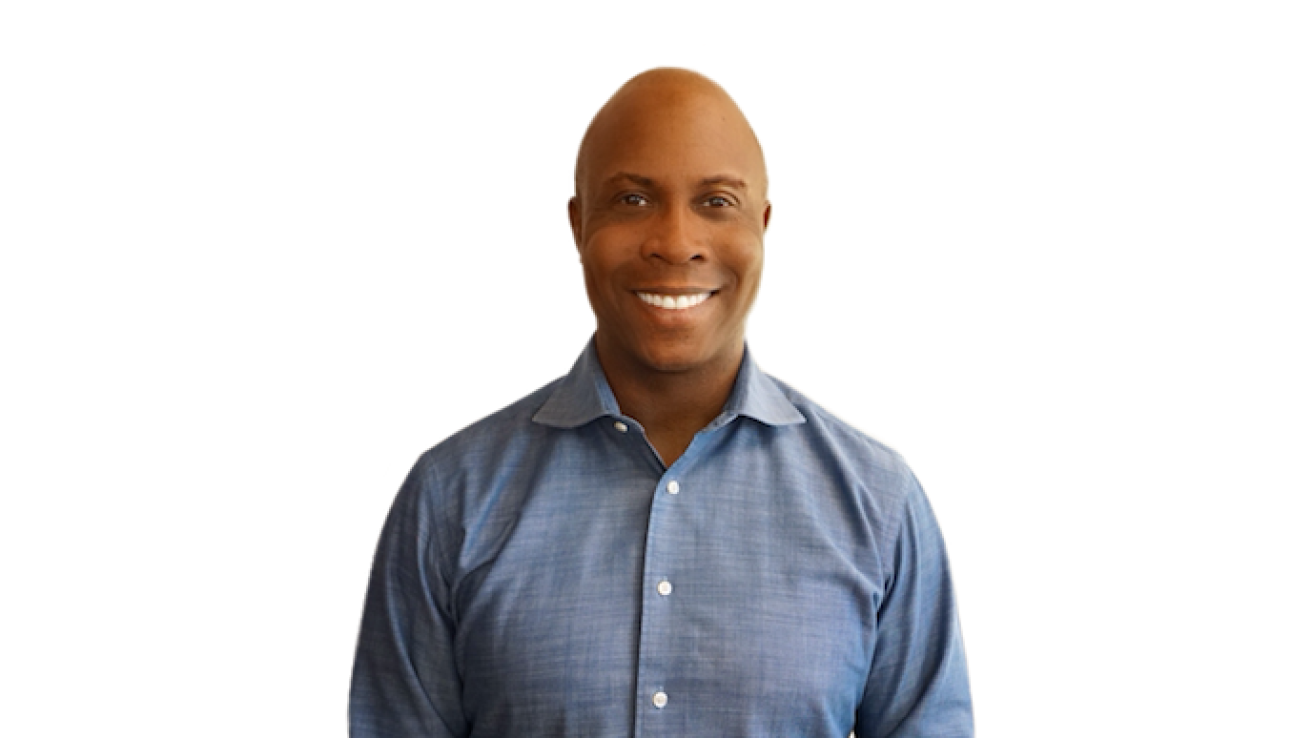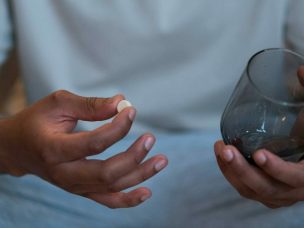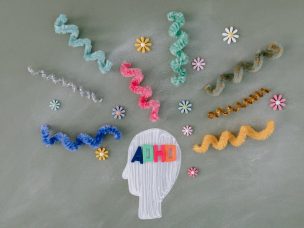In this MD Newsline exclusive interview with child and adolescent psychiatrist Dr. Johnny Williamson, we discuss how to increase recruitment and enrollment of diverse groups in ADHD clinical trials. We also discuss how to improve mental health stigma.
MD Newsline:
How do you think we can increase recruitment and enrollment of diverse groups in ADHD clinical trials?
Dr. Johnny Williamson:
“Absolutely. I think the more we can introduce diversity in every aspect of researching, understanding, diagnosing, and treating ADHD and all other mental health and health conditions, the better. We’ve more recently come to understand with some of the genetic testing around medications that there are impacts of cultural diversity and ethnic diversity on our genetics. Right?
That sounds obvious, but it really hadn’t been a part of how we devise care. And so, [in] most of the clinical studies, the participants are Caucasian, middle-aged males. And that’s wonderful that we have this population who’s willing and able to participate, so we increase our knowledge base. But now we’ve come to understand that gender, race, and ethnicity affect how you handle, process, and metabolize medications, and there’s a genetic basis.
That realization led to tracing back to the genes that affect metabolism. Now, we’re able to test folks and see the variants for any individual, genetically, and how they metabolize medications compared to the study group that allowed us to get the information about the medications originally.
So that’s one example where responsible incorporation and understanding around diversity have yielded positive benefits. And so, when it comes to research, we certainly need a more diverse population. I think it’s challenging. With research with kids, we’ve got to be careful with that.
And also, we’ve got to fight the same stigmas and long-term intergenerational fears around the healthcare system. Because over the years, there have been many wrongs committed by the institutions of this country, including healthcare. And so, to get ethnic minorities comfortable in participating in research is going to require a level of trust that likely has yet to be built.”
MD Newsline:
How can we improve mental health stigma?
Dr. Johnny Williamson:
“So, I think stigma is one of the major reasons that we have disparities in healthcare, especially mental healthcare. I think some of the more populist attitudes and assumptions around mental health have been longstanding, and they need to be corrected. First of which, to fight back against stigma is education. Deliberate education initiatives so that people can receive this information in a different way.
I think another way that we push back on stigma is for those of us who have dealt with mental health concerns to speak more openly about it. Right? If people you know and respect that you’re connected to can say, ‘hey, I have ADHD. This is how it affected me until I got treatment, and then I got treatment, and this is how it went, and this is how I think now.’ One, it normalizes it, and it gives a perspective that’s rich and authentic.
So, I think both publicly, and in individual interactions, our willingness to discuss these things openly without shame without guilt is really important because it models that. One of the things that I’ve posited to people, and I’ll do it here, is stigma’s real. It’s everywhere.
And it’s interesting because there’s so much stigma, but in the course of conducting my life, travel, other kinds of things, I have yet to find someone who found out I was a psychiatrist and didn’t want to talk about something going on with them or their parent, or their family member, or a loved one, or a friend.
A large part of stigma is a social construct. Right? If we take all of these people and talk with them individually, we can talk about health, mental health, emotionality, the things that have gone on, and trauma and how it affected us. But then you pull us all together, and then there are these perceptions that are created. Distorted perceptions. Right?
To me, that’s a sign of hope because we can affect social constructs with education, relating to people, reaching out saying, ‘hey, having a health condition be treated effectively can significantly change your life.’
I’ll often have to make comparisons to other more common physical illnesses because the stigma comes into the office with families when I talk with them. And, there’s this Western concept that you’re supposed to be self-sufficient, independent. You ride off on a horse, do everything you need yourself, and pull yourself up by your bootstraps. So if you’re feeling down or you can’t focus, or you struggle in these ways that somehow there’s something wrong with you. Right?
This is a very common human condition. And so, when we have someone with seizures, we don’t say to them, ‘hey, well, what are you doing wrong with your life? If you’re having seizures, you can’t cope.’ Right? We don’t say to someone with cancer, ‘hey, you know what? Clearly, you don’t know how to handle this life. You ended up with cancer.’ And those things sound silly when we say them. Right?
Ok. The reality is, the brain’s the most complex organ in our body, and it’s the one we probably know the least about. Everything we see, experience, emotionally, physically, externally—all of it is processed through the brain. And so the idea that we can have medical conditions as a part of the brain that have nothing to do with our emotional strength, fortitude, or other things is something that we have to explain to people and share with them. Seizure disorder is a brain disorder. So is ADHD. And it happens to the best of us.
I hear things [from] folks that they don’t want to be labeled. Right? ‘Hey, it’s ADHD.’ And my comment about that is, a medical diagnosis isn’t a label. It’s a diagnosis. Right? ADHD isn’t a name to call someone. It describes a clinical syndrome that can be readily treated.
And I believe a lot of children who have problems in this area, especially males, especially minority males, who have externalizing behaviors, they get interpreted as ‘bad,’ or ‘criminal,’ or ‘aggressive.’ Right? And untreated ADHD puts that individual at a disadvantage educationally and behaviorally. They don’t understand what’s happening to them.
And then, as they grow and mature, the more impulsive you are, the more likely you are to get in trouble at some point. And that’s when someone’s truly labeled as ‘criminal,’ or ‘juvenile,’ or other things. So treatment for ADHD actually reduces the likelihood that someone gets labeled. It reduces the likelihood that they have negative consequences, academically, at home, in the community, with our justice system, and all the systems of this country.
So I think that’s really important. One other piece to that is, I hear folks saying, ‘well, I don’t want to be turned into a zombie. I don’t want to depend on a medication.’ And what I like to share with folks with regard to that is, ‘you know, those fears are legitimate. When we have ethnically, culturally, racially-based misdiagnoses, you can end up on a wrong medication and get a weird response. Right? So that’s valid. Right?
But, with appropriate assessment and treatment, those things don’t happen.’ As far as being dependent on a medication, the way I describe that is, ‘the medicines that we use for ADHD are controlled substances. They don’t cause substance abuse, substance dependence, or a substance use disorder. Folks with ADHD who are untreated are more likely to end up taking substances than people who have ADHD and are treated.
And oftentimes, that’s in an attempt to try to solve the behavioral and emotional problems they’re having as a result of it, not knowing that they have it, or to cope with all the negative impacts and consequences.’
And, anyone that I’m working with, who takes a medicine long-term, only ends up in that scenario when they feel certain that they need it and it works. And I don’t think that’s a negative outcome. We’re not making forever decisions at any given moment. Some of these fears inhibit an individual’s willingness to seek care.
You know, someone with hypertension, they take their medicine and their blood pressure’s normal. Are they abusing it? No. Are they dependent on it? No. Do they need it long-term? Sometimes, yes. Right?
And so, we see similar things with [ADHD]. But again, the stigma can make people feel like they’re going to need a medication for their brains to function normally or stay who they are, so it doesn’t change their personality. And that’s just not how it plays out.
Those individuals when I work with them, and they’re willing to trust enough to engage in the process, most of the comments they get are, ‘I’m seeing my true child show up.’ Right? ‘He or she wasn’t these behaviors. They aren’t bad children. They do value education. They want to learn. And now I see that this was in the way, and now that they’ve got effective treatment, they’re just so proud and happy to see themselves be able to engage in those things, learn those things, express themselves.’
[All those] things that are really truer representations of who they are. It’s just that the ADHD was a barrier, and we removed it.”
Responses have been condensed and lightly edited.










